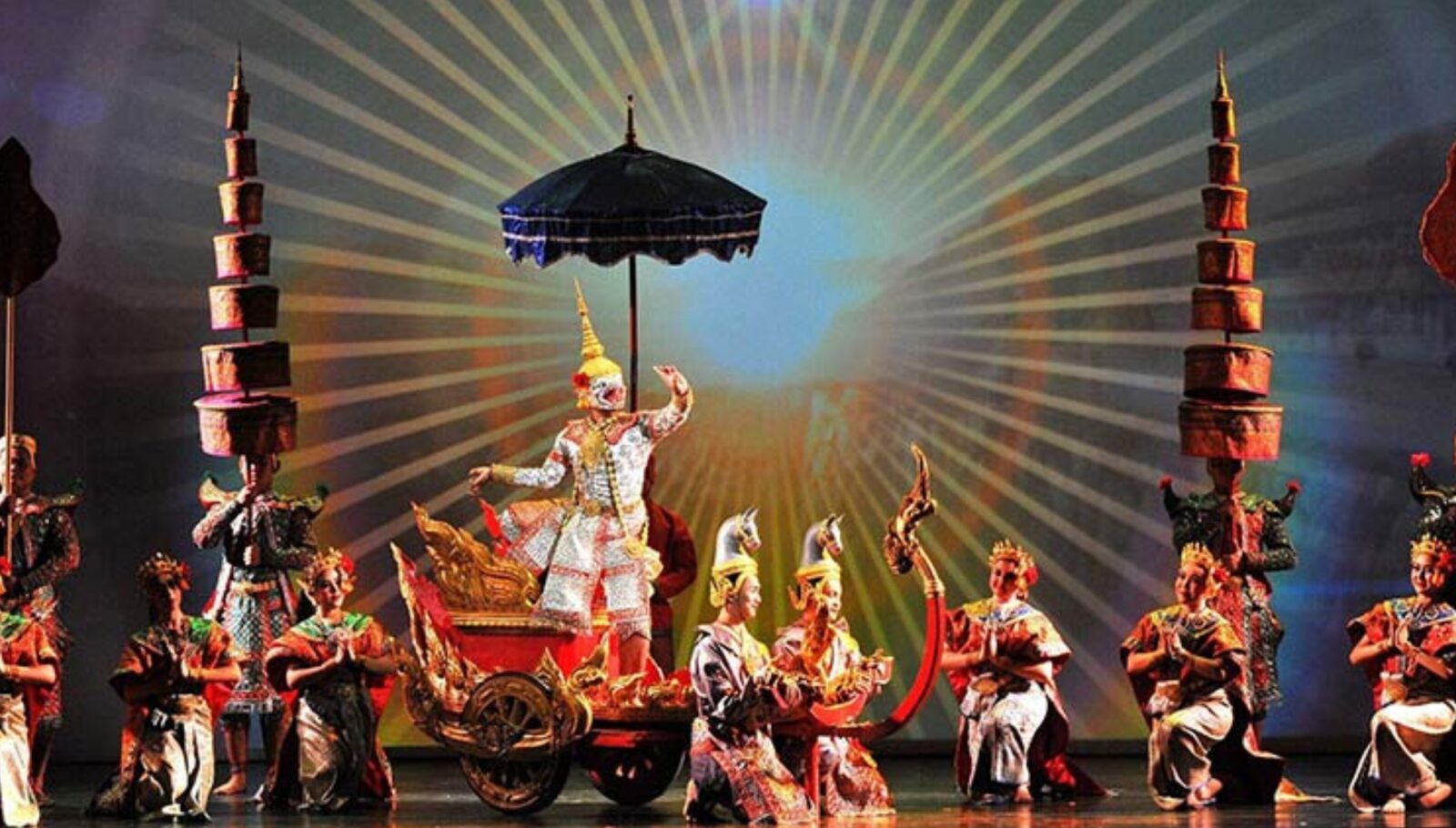Productivity Over Presence: The Mask of Busyness

We live in a world that rewards the full calendar, the quick response, and the doing. Especially in leadership roles, being busy is almost synonymous with being important. You’re in demand. You’re essential. You’re in control.
But here’s the truth I’ve had to face: sometimes, I stay busy because I don’t want to feel. I’ve worn the mask of busyness more times than I care to admit—not out of necessity, but to avoid the stillness that might make me feel too much.
Busy Can Be a Badge and a Shield
In the world of production and live events, we wear busyness like a badge. Long hours, overlapping tech schedules, and back-to-back calls. We tell ourselves it’s just the way things are. But underneath, many of us are holding on to busyness because it feels safer than slowing down.
There’s a kind of silent panic that arises in the quiet moments. When we’re not “producing,” we’re suddenly left with the weight of our own thoughts. As leaders, this can feel especially uncomfortable—shouldn’t we have it all together?
But leadership isn’t about having it all together. It’s about showing up with presence.
When the World Stopped Moving
During the COVID-19 shutdown, that presence was forced upon us. The calendar cleared, the lights dimmed, and the endless hustle paused—whether we wanted it to or not. And for many of us, it exposed just how much our self-worth had been tied to being in motion.
For those of us in live entertainment, it was more than just the loss of work. It was the loss of rhythm, of structure, of the noise we didn’t realize was protecting us from the quiet. And in that stillness, a lot came up.
Some of us met grief. Some met burnout. Others met parts of ourselves we hadn’t been introduced to in years. The pandemic didn’t just challenge our logistics…it challenged our identities. It made visible the emotional cost of always being on.
What Are We Really Avoiding?
When we fill our calendars to the brim, we avoid the discomfort of introspection. We avoid:
- The emotional labor of processing our own doubts or burnout.
- The relational strain we haven’t addressed with our team or collaborators.
- The vulnerability of admitting we don’t have the answer—or that we’re afraid we never will.
Busyness helps us feel productive, but it also helps us feel enough. And that’s where it becomes dangerous.
The Demon of Busyness
In graduate school, I read an article titled The Demon of Busyness—and it’s stuck with me ever since. The author described busyness not as a neutral condition but as a compulsive, even addictive behavior. A distraction from feeling, from presence, from the parts of ourselves we’d rather keep buried.
It named something I had felt but never articulated: that our culture often uses busyness as a mask. And that the mask is rewarded.
The article’s insight still resonates with me today. Especially now, as we rebuild our industries and restart our calendars, we have a choice: do we return to being busy for the sake of it, or can we lead from a place of reflection?
The Hidden Cost of Staying Busy
Over time, busyness erodes our connection to ourselves and to those we lead. It:
- Keeps us reactive, not reflective.
- Models a culture of burnout instead of balance.
- Crowds out the quiet wisdom we only find in a pause.
Our teams notice when we’re frantic. They mirror it. They begin to value output over insight, speed over substance.
And we start to lose what made us good leaders in the first place—our presence, our intuition, our care.
Presence Is the Practice
What if leadership wasn’t about being everywhere, all the time? What if it was about being here?
Being present doesn’t mean doing less. It means doing what matters—with intention. It means making time for the uncomfortable reflection. The difficult conversation. The inner check-in.
It means noticing when we’re tempted to mask our uncertainty with motion.
For me, the shift came when I started treating my calendar like a values statement. Not just a task list. I began asking: What am I making space for? And what am I avoiding?
Quiet Leadership Requires Courage
It takes courage to step away from the noise. To choose pause over performance. But in that pause, something important happens: we remember why we’re here.
Not to look busy. Not to prove our worth. But to lead with presence.
And presence, I’ve found, is the opposite of avoidance. It’s the practice of being fully in the room, even when it’s hard.
Especially when it’s hard.
Back to Home
Editor's Note: At StageLync, an international platform for the performing arts, we celebrate the diversity of our writers' backgrounds. We recognize and support their choice to use either American or British English in their articles, respecting their individual preferences and origins. This policy allows us to embrace a wide range of linguistic expressions, enriching our content and reflecting the global nature of our community.
🎧 Join us on the StageLync Podcast for inspiring stories from the world of performing arts! Tune in to hear from the creative minds who bring magic to life, both onstage and behind the scenes. 🎙️ 👉 Listen now!
